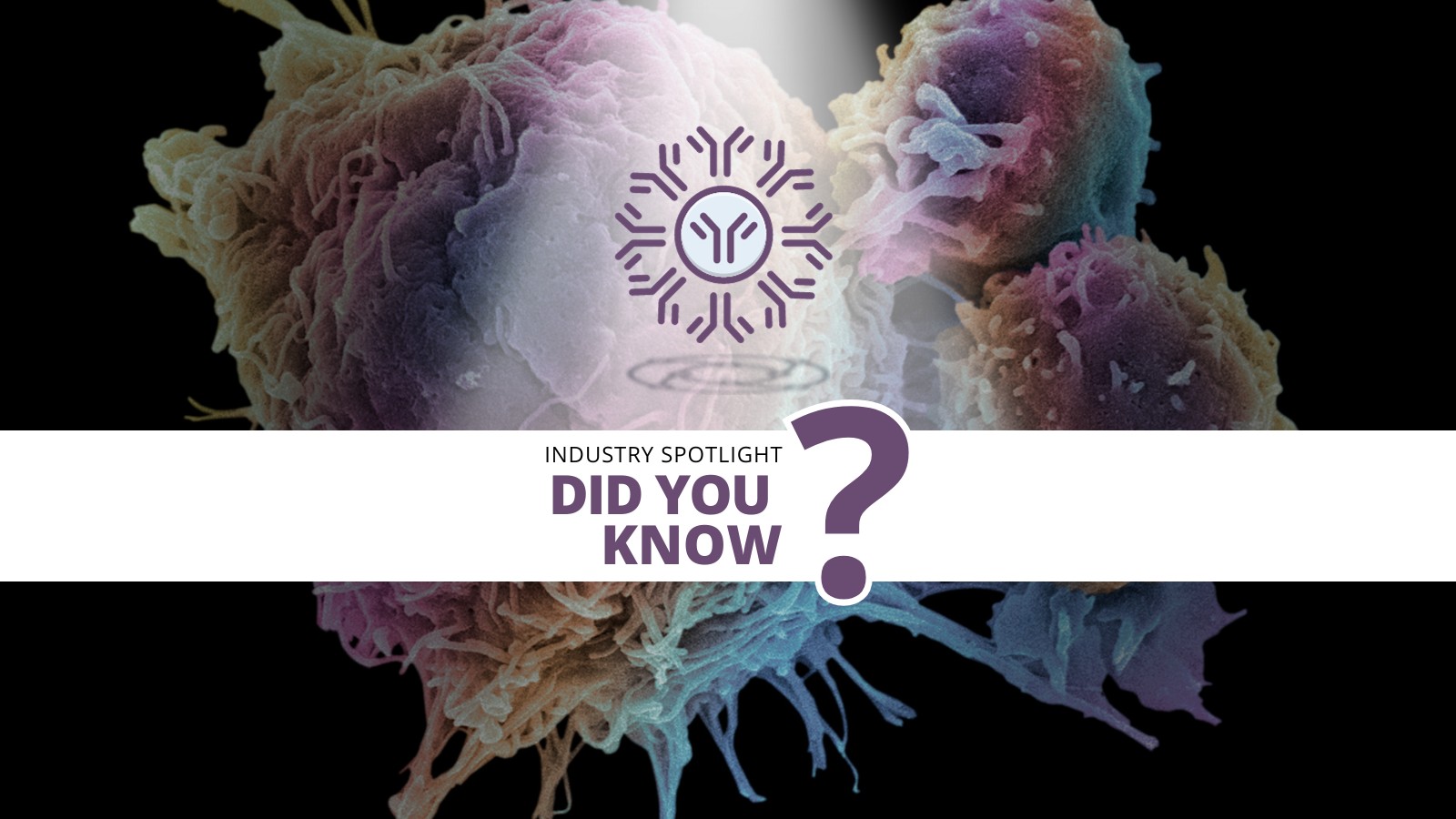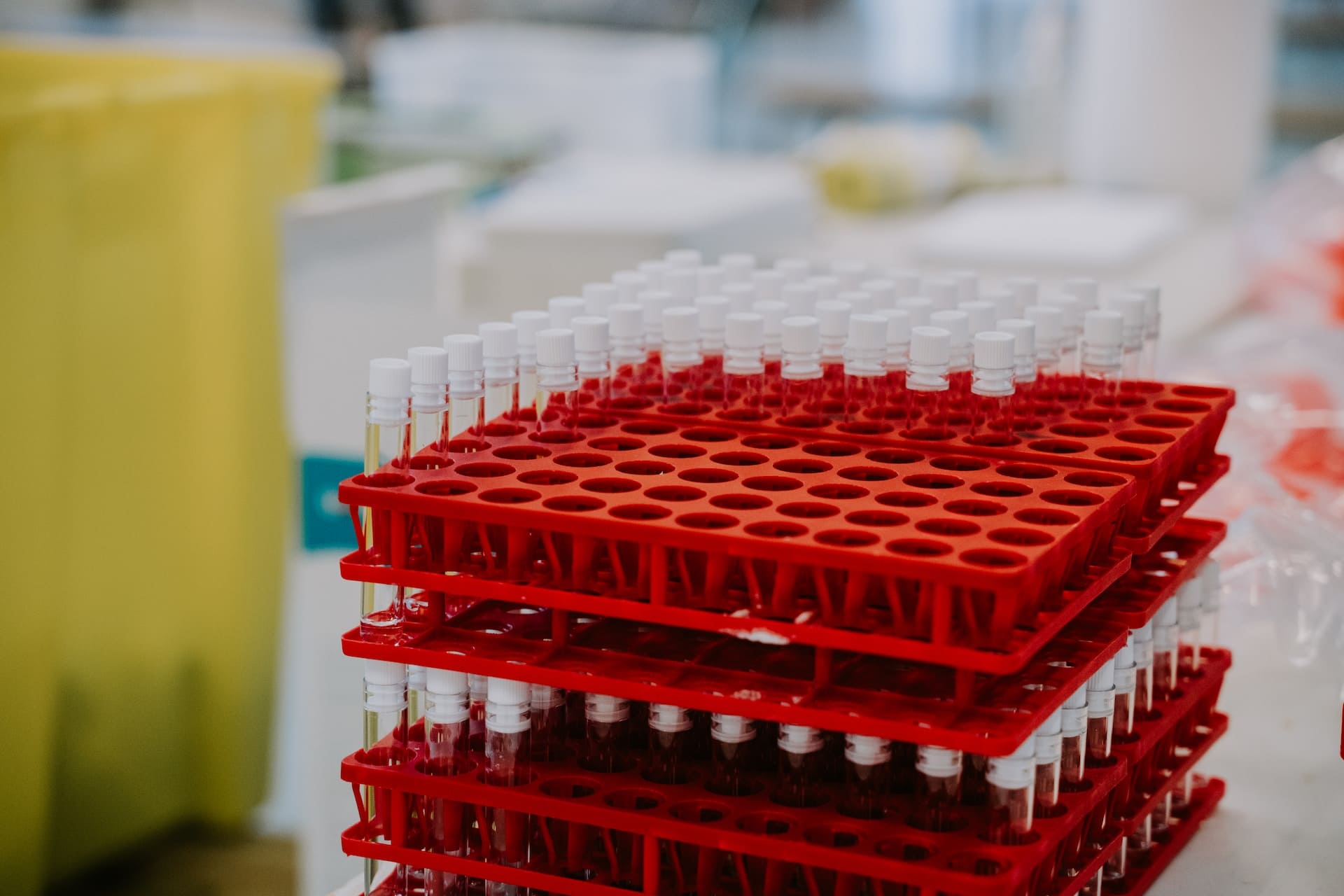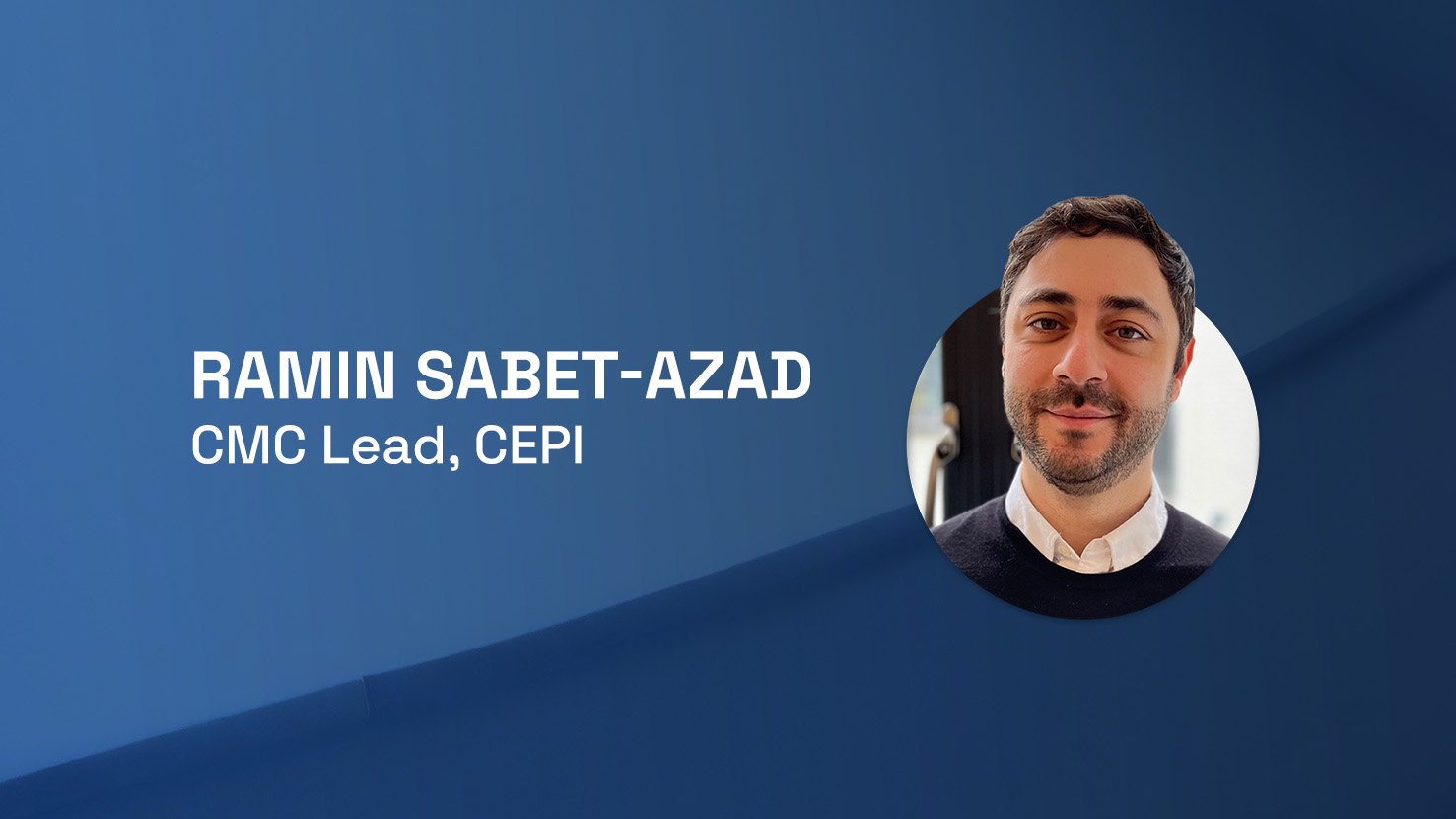Personalised Cancer Vaccines: Tailored Immunotherapy for Precision Treatment

Personalised cancer vaccines are a groundbreaking form of immunotherapy designed to harness the power of a patient's immune system to combat cancer cells. As research into the development of personalised cancer vaccines continues to progress, we take a look at the stages of their development, along with the challenges and possibilities that these groundbreaking therapeutics hold.
Development of Personalised Cancer Vaccines
The process of developing personalised cancer vaccines involves several crucial steps:
1. Tumour Profiling: It all begins with a biopsy or tissue sampling from the patient's tumour. Advanced genomic sequencing technologies are employed to analyse the tumour's genetic makeup and identify the unique mutations, known as neoantigens, present in the cancer cells.
- How Will Commercialisation Impact COVID-19 Vaccine Prices in the US?
- World Malaria Day 2023: Breakthroughs in Malaria Vaccinations
- Dual-Action Malaria Vaccine Takes the Punch out of the Parasite
2. Neoantigen Identification: From the vast amount of genomic data, scientists identify neoantigens – small protein fragments resulting from the tumour-specific genetic mutations. These neoantigens act as the key targets for the patient's immune system to recognise and attack the cancer cells selectively.
3. Vaccine Formulation: With the neoantigens identified, researchers create a personalised vaccine formulation. This typically involves synthesising or genetically engineering the neoantigens, which are then combined with immune-stimulating adjuvants to enhance the vaccine's effectiveness.
4. Vaccination: The personalised cancer vaccine is administered to the patient, usually through injections. The vaccine serves as an educational tool for the patient's immune system, training it to recognise the neoantigens as foreign and dangerous entities.
5. Immune Response: Post-vaccination, the patient's immune system becomes primed and activated against the specific neoantigens present in their cancer cells. Specialised immune cells, such as T cells, are mobilised to seek and destroy cancerous cells displaying the targeted neoantigens.
6. Cancer Cell Destruction: Armed with the knowledge of what to attack, the activated immune cells infiltrate the tumour, launching a precise and focused assault on cancer cells harbouring the identified neoantigens.
The Promise of Personalised Cancer Vaccines
Personalised cancer vaccines hold immense promise in the realm of cancer treatment. By leveraging the body's immune system and precisely targeting cancer cells, they offer a tailored and potentially less toxic alternative to conventional therapies. Additionally, personalised cancer vaccines have the advantage of adaptability; as tumours evolve and develop resistance, new neoantigens can be identified and incorporated into subsequent vaccines, keeping pace with the changing nature of the disease.
Challenges and Ongoing Research
Despite their potential, personalised cancer vaccines face several challenges. The process of tumour profiling and neoantigen identification can be time-consuming and costly, limiting widespread accessibility. Additionally, the success of these vaccines relies heavily on the immunogenicity of the identified neoantigens and the patient's ability to mount a robust immune response.
Nonetheless, ongoing clinical trials and research continue to refine the development and application of personalised cancer vaccines. As the field of immunotherapy advances, personalised cancer vaccines hold the promise of becoming an integral part of precision medicine, offering hope for improved outcomes and prolonged survival rates in the fight against cancer.
Get your weekly dose of industry news and announcements here, or head over to our Biologics portal to catch up with the latest advances in targeted therapies. To learn more about our upcoming Biologics UK conference, visit our event website to download an agenda and register your interest.







